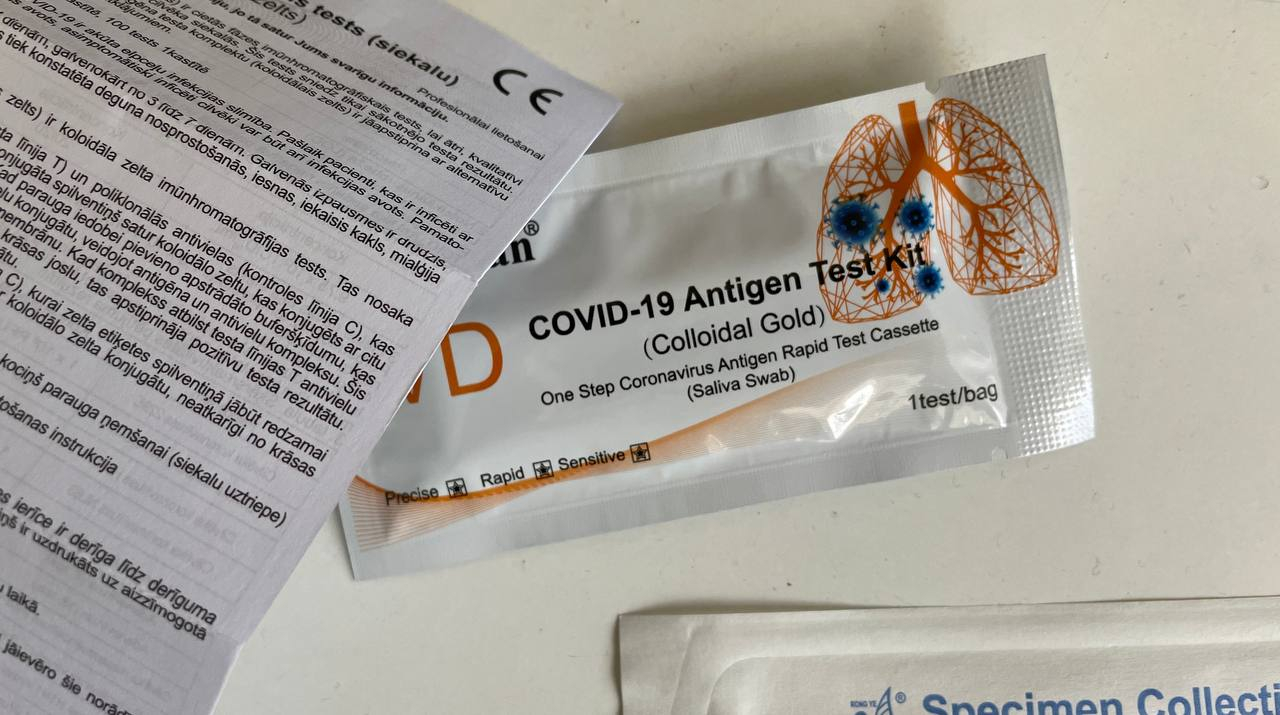There are 7,500 pupils in Jelgava schools, of whom 97 children have fallen ill with Covid in the past two weeks. Gunta Auza, director of the Education Administration, said 54 teachers had also fallen ill.
She said that “by looking at the situation and speaking to heads of education institutions, we are finding that there are acute respiratory illnesses in our facilities, possibly the spread of Covid-19 has started as well.”
Several schools in Jelgava are relatively large – they have around 1,200 students, so teachers and children have many contacts every day.
Rīga also has a similar situation. For schools, self-tests are available and distributed in many places to children, both in schools and to take home.
There is also no specific testing algorithm in Rīga – they are used as needed. The increase in morbidity is also felt in Riga's 64th secondary school, the principal Edgars Zīverts said.
“I would not like to say that the situation is critical. It is not positive because any illness hinders the quality of teaching work for us. Quality is affected because either that lesson doesn't take place or there is another subject,“ the principal said.
The increase in morbidity is also shown by data from the Disease Prevention and Control Center (SPKC). Last week, 270 cases were identified, up 30 from a week earlier.
SPKC spokeswoman Ilze Arāja explained that the proportion of inpatient patients with respiratory conditions is also increasing.
“The number of cases is rising week after week. It should be recalled that people in at-risk groups and seniors are still urged to get a vaccine against Covid-19,” the SPKC spokeswoman said.
The algorithm, if there is a suspected illness, has not changed – if symptoms of the illness have occurred, stay at home. It is also recommended to carry out a self-test in cases of suspected contact.




























